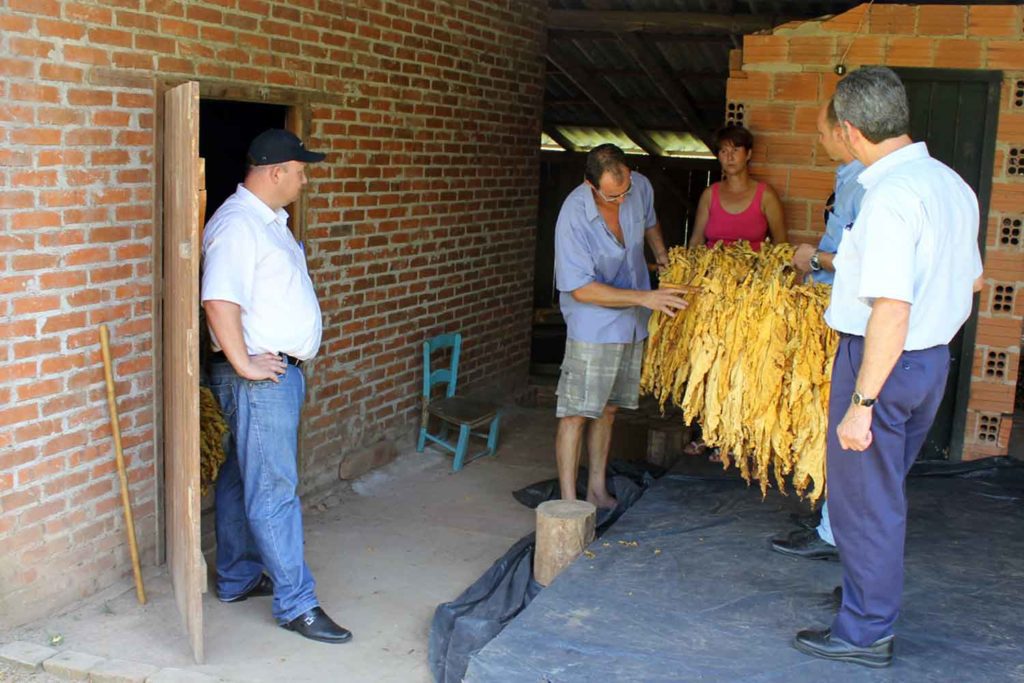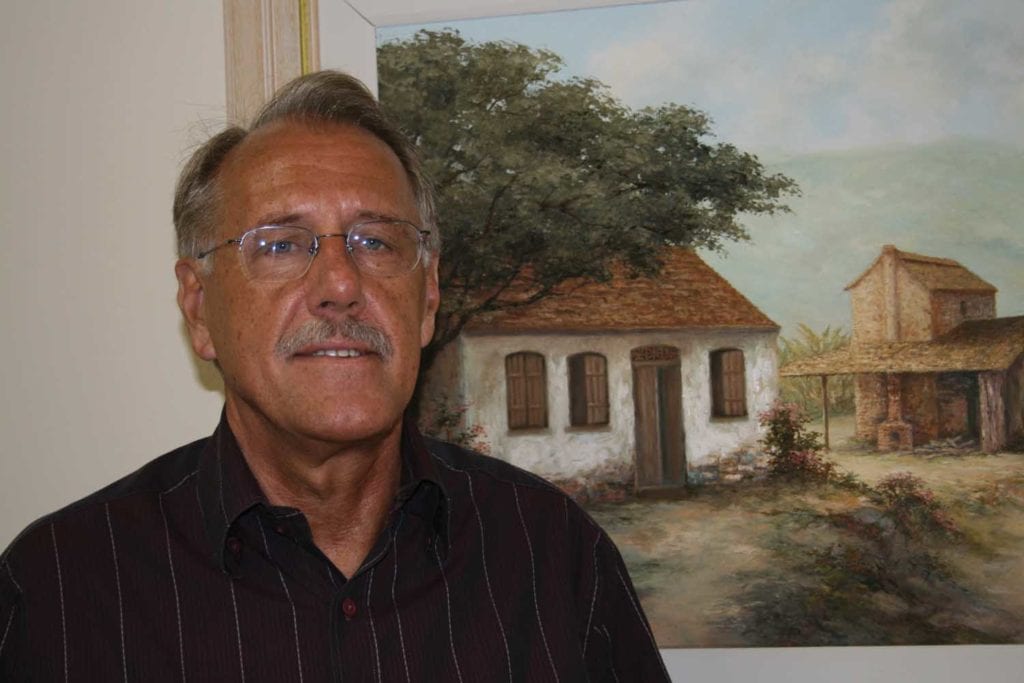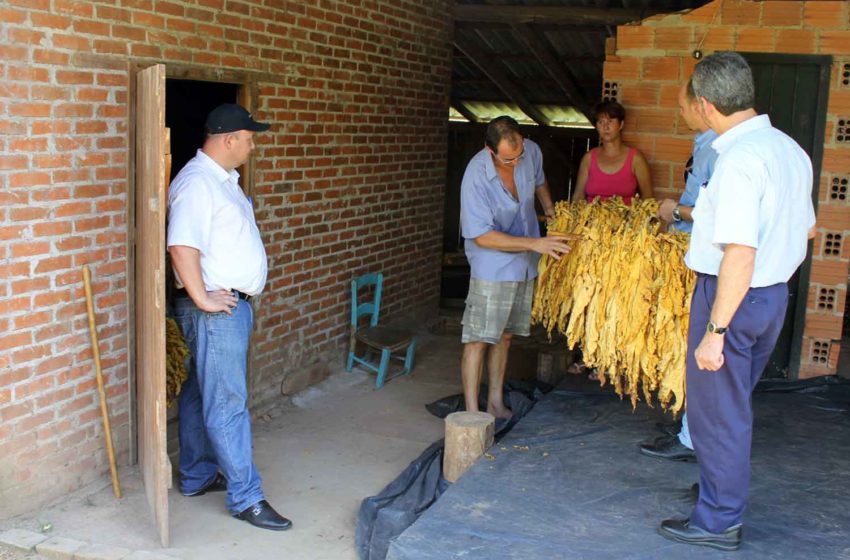
Tobacco farmers in southern Brazil earn an average monthly income of BRL3,935.40 ($785.08) from their crops, according to new research conducted by the Federal University of Rio Grande do Sul at the request of the Interstate Tobacco Industry Union (SindiTabaco).
By comparison, the average per capita income in Brazil was BRL1,625 in 2022, according to the Brazilian Institute of Geography and Statistics. Taking into account all sources of income, the tobacco farmers in southern Brazil earn an average monthly income of BRL11,755.30. Seventy-three percent of tobacco farmers in the region have additional income sources, which may include earnings from the cultivation of other crops, land leases or financial investments.
Nearly 73 percent of the tobacco farmers live in masonry houses; nearly 72 percent have three or more bedrooms per household; and all households have at least one bathroom or toilet, according to the study. Almost all households (98.6 percent) have access to electrical energy, via national power grid, while practically 100 percent have heated water.

The results come as no surprise to those who know the tobacco sector, but they could come as a surprise to those who still believe in information based on ideology.
Iro Schuenke, president, SindiTabaco
One hundred percent of the tobacco farmers surveyed had an automobile, while 137 percent owned a property in addition to their home.
Nearly 60 percent of those surveyed have more than eight years of schooling, meaning they have competed their elementary education, or more; among them, 32.2 percent have more than 11 years of schooling, corresponding to high school, and some have taken college courses.
Conducted June 30-July 20, 2023, the survey covered 37 municipalities in the tobacco growing states of Rio Grande do Sul, Santa Catarina and Parana.
According to SindiTabaco President Iro Schuenke, the results reaffirm the economic and social importance of tobacco in rural areas. “At several moments we have heard that the tobacco farmers endure vulnerability conditions, but the research destroys this tale,” he said in a statement. “Just like in 2016 [when the previous survey took place], the results come as no surprise to those who know the tobacco sector, but they could come as a surprise to those who still believe in information based on ideology,” Schuenke said.











